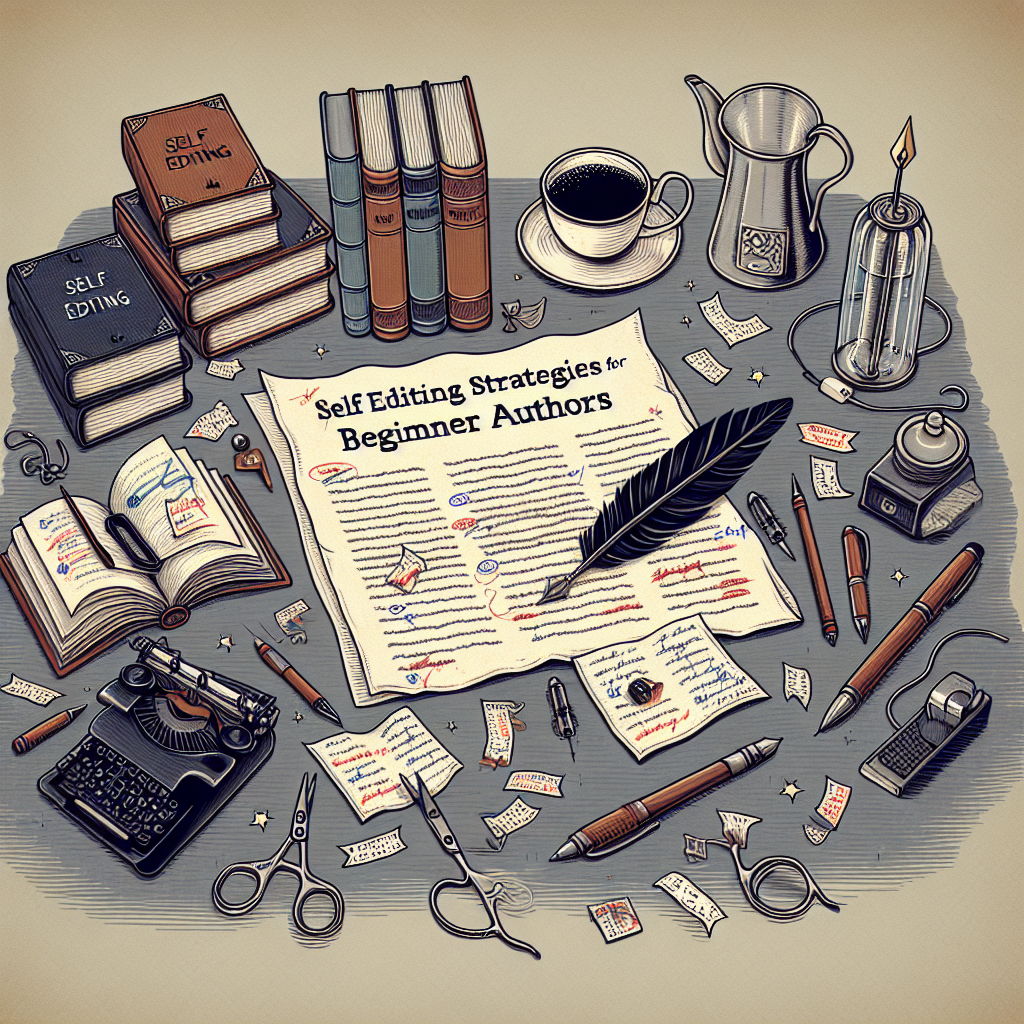Self-Editing Strategies For Beginner Authors
Introduction
Writing a book can be a daunting task for any beginner author. The thought of editing your own work may seem overwhelming, but with the right strategies in place, the process can be more manageable. In this article, we will discuss some self-editing strategies that beginners can use to improve their writing.
1. Take Breaks
It is important to take breaks while editing your work. This will give you a fresh perspective and help you catch errors that you may have missed before. When you come back to your writing after a break, you will be able to see it with new eyes and notice any inconsistencies or grammatical mistakes.
2. Read Aloud
Reading your work aloud can help you catch errors in your writing. When you read your writing out loud, you can hear awkward phrasing, missing words, and other mistakes that you may not have noticed when reading silently. This can also help you get a sense of the flow of your writing and make improvements where necessary.
3. Use Editing Tools
There are many editing tools available online that can help you improve your writing. Tools like Edit Mojo can help you catch spelling and grammar mistakes, as well as suggest improvements to your writing. Using these tools can save you time and help you produce better quality work.
4. Cut Unnecessary Words
One of the most important self-editing strategies for beginner authors is to cut unnecessary words from your writing. Removing unnecessary words can make your writing clearer and more concise. Look for words that do not add meaning to your writing and eliminate them to improve the overall quality of your work.
5. Focus on Clarity
When self-editing your work, it is important to focus on clarity. Make sure that your writing is clear and easy to understand for your readers. Avoid using complex sentences or jargon that may confuse your audience. Keep your writing simple and to the point to ensure that your message is effectively communicated.
6. Get Feedback
Another important self-editing strategy for beginner authors is to get feedback from others. Ask friends, family members, or colleagues to read your writing and provide constructive criticism. Getting feedback from others can help you identify areas for improvement and make necessary changes to your work.
7. Check for Consistency
When editing your work, be sure to check for consistency in your writing. Make sure that your ideas flow logically and that your writing maintains a consistent tone throughout. Inconsistencies can confuse your readers and detract from the overall quality of your work.
Conclusion
Self-editing is an essential part of the writing process for beginner authors. By following these self-editing strategies, you can improve the quality of your writing and ensure that your work is clear, concise, and engaging. Taking breaks, reading aloud, using editing tools, cutting unnecessary words, focusing on clarity, getting feedback, and checking for consistency are all important steps in the self-editing process. With practice and persistence, you can become a more confident self-editor and produce high-quality writing.
